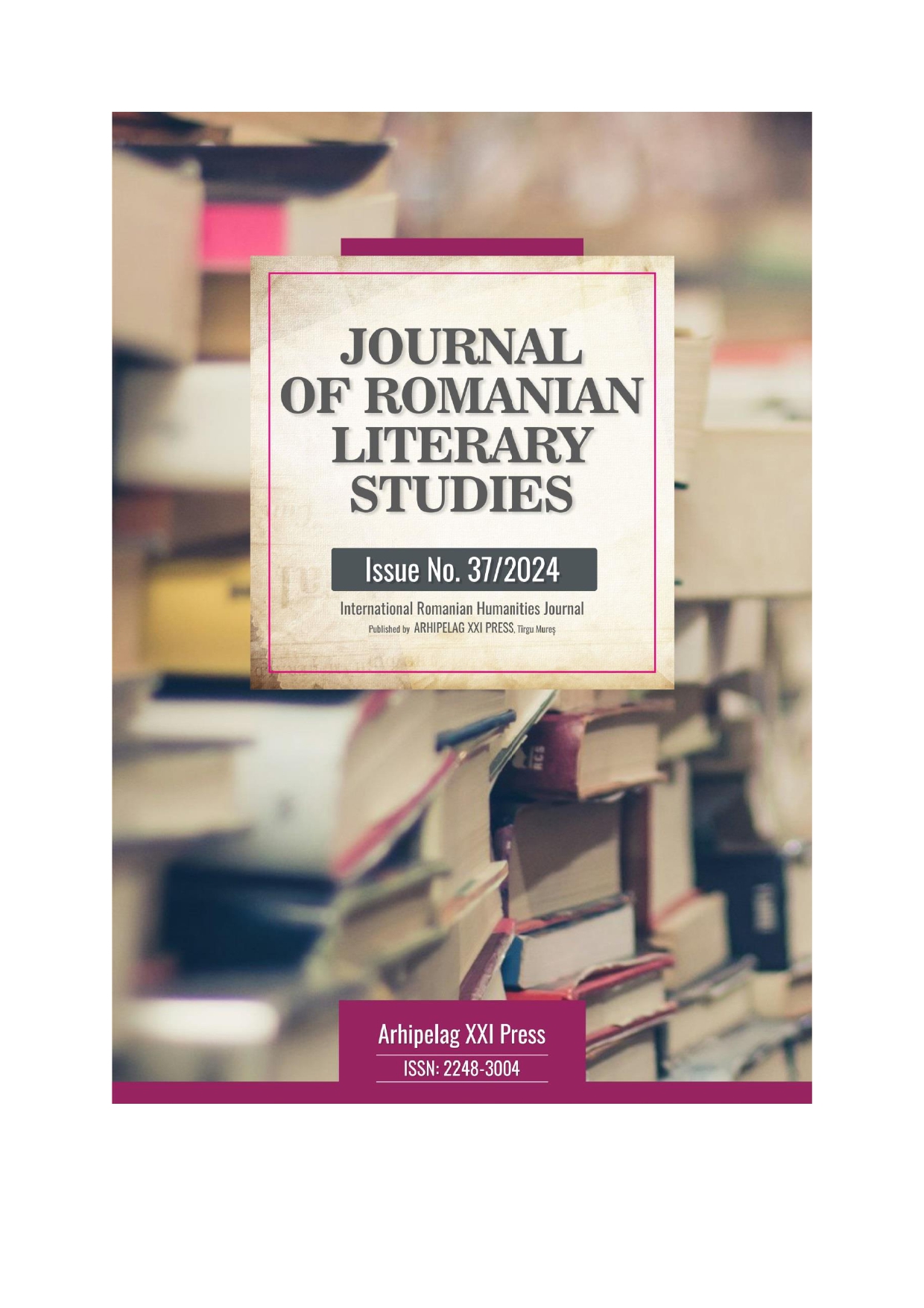JULIO CORTÁZAR'S HOPSCOTCH
JULIO CORTÁZAR'S HOPSCOTCH
Author(s): Ramona BuruianăSubject(s): Novel, Philology, Theory of Literature, American Literature
Published by: Editura Arhipelag XXI
Keywords: Paris; love story; freedom; hopscotch; multiculturalism;
Summary/Abstract: Julio Cortázar, the South American writer in love with Paris, where he will live since 1951, dedicates to it a flamboyant, bohemian, complex, masterful, unfulfilled, but eternal love story – a perfect reflection of the City of Lights, captured against the background of the 1950s and 1960s . The hopscotch is the way in which the narrator concludes the fictional pact – the idea of the game, a metaphor for access to the Absolute, explains the intention at the level of theme, structure and Cortazarian vision: the idealization of love, the kaleidoscope of reading, the need for the spirit to free itself through play and the magic of chance. Modern through the novelty of the language, postmodern through conception, style, intertextuality, the hybridization of the species, post(post)modern through the sublimation of sexuality, through the total freedom of approach, delimited by multicultural fascination, the novel throws pebbles into the squares of the ages and reaches Heaven. Playing the hopscotch to the rhythms of jazz and classical music, Lucia and Horacio, like the clochards under the bridges of the metropolis, redefine the essence of a western cultural model - Paris, mon amour!
Journal: Journal of Romanian Literary Studies
- Issue Year: 2024
- Issue No: 37
- Page Range: 359-363
- Page Count: 5
- Language: Romanian

